TikTok has filed an emergency petition with the US Supreme Court seeking a temporary restraining order against a law that could see the app banned in the US.
Efforts before G hour
TikTok has filed an emergency petition with the US Supreme Court hoping to block a law that would force ByteDance - TikTok's parent company - to divest the short video app by January 19 or face a ban in the country.
TikTok and ByteDance have asked the Supreme Court to issue a temporary restraining order blocking the ban, pending a higher court's ruling on whether the law violates the US Constitution.
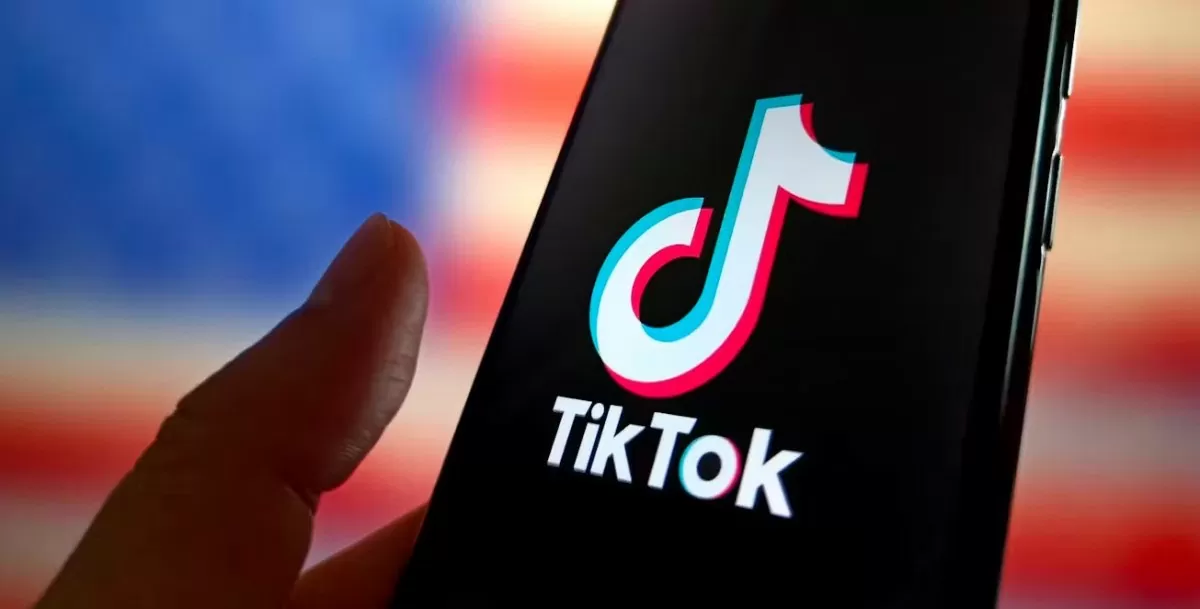 |
| TikTok is facing a nationwide ban in the US. Photo: Reuters |
At the same time, a group of TikTok users in the US also filed a similar petition to protect their right to continue using the platform, which currently has about 170 million users in the country.
Previously, in April 2024, the US Congress passed the Act to address national security concerns. The US Department of Justice argued that TikTok could use Americans' personal data, from location information to private messages, or secretly manipulate the content that US users viewed on the app.
On December 6, the Court of Appeals in Washington, DC rejected TikTok's arguments and affirmed that the law does not violate the First Amendment of the US Constitution on freedom of speech.
In their appeal to the Supreme Court, TikTok and ByteDance stressed: "If the American people, after being fully informed of the risks associated with 'content manipulation', still choose to continue using TikTok, the Constitution grants them the freedom to make that decision, free from government censorship."
They also warned that if it were to be shut down for just one month, TikTok could lose up to a third of its US users, while severely reducing its ability to attract advertisers and content creators.
TikTok argued that delaying the law's implementation would allow the Supreme Court to review the ban's legality, while also giving the new administration of President-elect Donald Trump a chance to reassess.
It is worth noting that Donald Trump failed in his attempt to ban TikTok in 2020. However, during this year's election campaign, he vowed to save TikTok. Trump's inauguration is on January 20 - one day after TikTok's deadline to comply with the divestment order.
“Shutting down a platform that is used by more than half of the American population just before the presidential inauguration is unprecedented,” TikTok said in a court filing.
At a press conference on Monday, when asked about plans to block the TikTok ban, Mr. Trump said he "likes TikTok very much" and would look into the issue.
Trump met with TikTok CEO Shou Zi Chew in Florida that day, a source said.
TikTok denies national security allegations
The bill is designed to ban apps controlled by “foreign adversaries,” not just TikTok but similar apps in the future. The ban would prevent services like Apple’s App Store or Alphabet’s Google Play from offering TikTok in the US unless ByteDance divests.
TikTok has insisted it has never shared US user data with the Chinese government and accused the US Congress of raising "speculative" concerns.
"We urge the Court to apply the strictest standards in free speech cases and conclude that this ban violates the First Amendment," said TikTok spokesman Michael Hughes.
In contrast, in its ruling, the Washington Court of Appeals argued that: “The First Amendment protects freedom of speech in the United States. The government acted to protect that freedom from the influence of a rival nation and to limit its ability to collect data on American citizens.”
While TikTok continues to deny the allegations, experts have mixed views on the case. Professor Jessica Melugin, a technology policy expert at the Cato Institute, said: "The TikTok case is not only a story about free speech but also a testament to the strained relationship between two economic superpowers."
She also warned that if the TikTok ban is implemented, it could pave the way for tougher measures against other foreign apps, further straining US-China trade relations.
On the other hand, Mr. James Lewis - Director of the technology program at the Center for Strategic and International Studies (CSIS) commented: "Concerns about TikTok are not only about data, but also about the ability to influence public opinion and the integrity of information."
TikTok, which bills itself as one of the most important media platforms in the US, is facing an existential challenge. If the ban goes into effect, ByteDance would have to shut down operations in TikTok’s second-largest market in the world, dealing a heavy blow to the company’s global revenue.
The outcome of this legal battle will not only determine TikTok's future in the US, but also set a precedent for how countries treat foreign technology platforms.
Source: https://congthuong.vn/no-luc-cuoi-cung-cua-tiktok-de-ngan-lenh-cam-tai-my-364722.html






![[Photo] T&T 1 and Ho Chi Minh City 1 People's Police Teams won the men's and women's team championships](https://vphoto.vietnam.vn/thumb/1200x675/vietnam/resource/IMAGE/2025/5/22/39db06ae67cb4001b7a556e8d9a56d07)

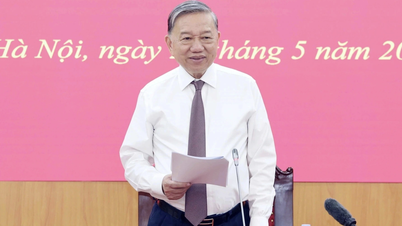

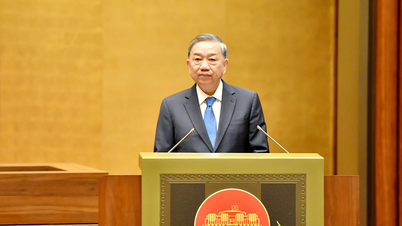



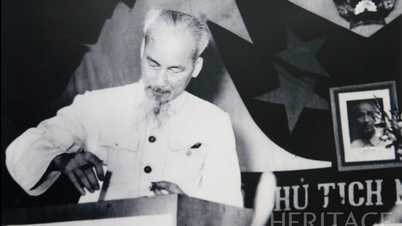
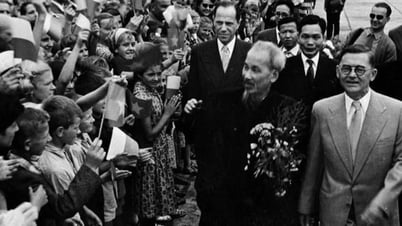

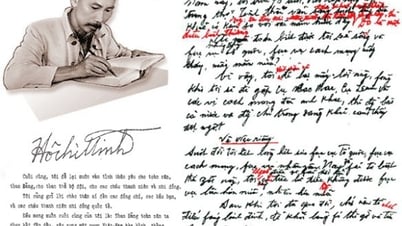










































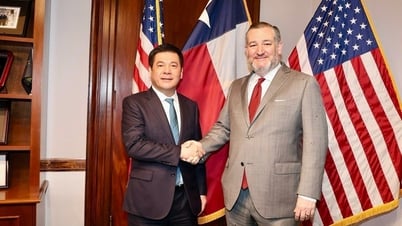



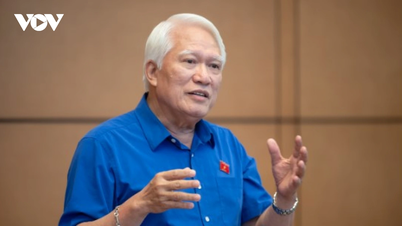







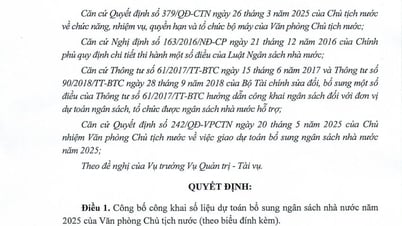





















![[Podcast] Week introducing more than 500 OCOP products in Hanoi](https://vphoto.vietnam.vn/thumb/402x226/vietnam/resource/IMAGE/2025/5/22/d144aac2416744718388dbae3260e7fd)
Comment (0)